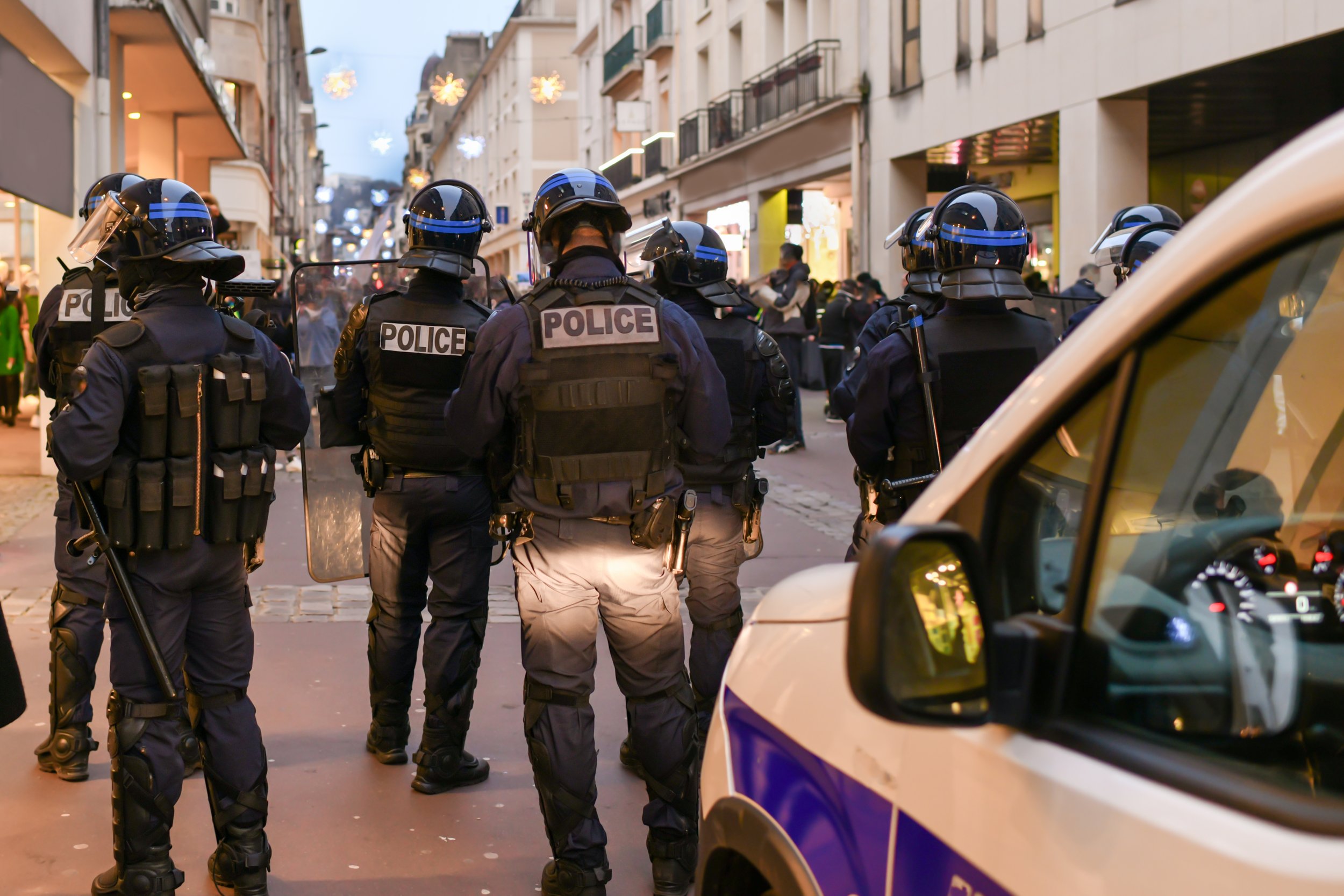
end police brutality
Breonna Taylor was murdered during the execution of a no-knock warrant. She was murdered in her home. The individual who was being sought was not even a resident at her address.
The movement to transform and defund policing seeks to address systemic issues within law enforcement, reduce reliance on policing for community safety, and reallocate resources to community-based alternatives. This policy platform outlines legislative policies and initiatives at the state, local, and federal levels that address various aspects of policing, including use of force, monitoring excessive force, civilian complaint review boards, and hiring practices.
Use of Force Standards: Implement clear, stringent standards for the use of force, emphasizing de-escalation and the preservation of life. Independent Investigations: Require independent investigations of use of force incidents to ensure accountability and transparency. National Database: Establish a national database to track use of force incidents, disciplinary actions, and misconduct allegations and make it public. Establish independent civilian complaint review boards with the authority to investigate complaints, recommend disciplinary actions, and oversee police practices with community members. Implement uniform hiring standards that include comprehensive background checks, psychological evaluations, and bias screening.Reallocate funding from police departments to community-based services, such as mental health care, housing, education, and violence prevention programs. Crisis Response: Develop alternative crisis response teams to handle non-violent emergencies, such as mental health crises and homelessness.
Legislative Policies Related to Police Accountability and Redefining Policing:
California’s AB 392 (2019): Redefines the circumstances for deadly force, emphasizing de-escalation.
New York’s Eric Garner Anti-Chokehold Act (2020) - ends chokeholds and makes use felony.
Washington’s Initiative 940 (2018): Requires de-escalation and mental health training, mandates independent investigations of deadly force.
National Police Misconduct Registry (GFJPA). Illinois’ SB 1304 (2015): Requires reporting use of force incidents to state database.
New York’s Police STAT Act (2020): Mandates comprehensive data collection on police activity, including use of force incidents and arrests, to be reported publicly. New York City’s CCRB, empowered to investigate complaints against NYPD officers.
Chicago’s Civilian Office of Police Accountability (COPA): Investigates misconduct independently of the Chicago Police Department.
California’s AB 1185 (2020): Allows counties to establish civilian oversight boards and inspectors general with subpoena power to oversee sheriffs' departments.
New Jersey’s Law Enforcement Professional Standards Act (2020): Establishes statewide hiring/training standards.
California’s AB 953 (Racial and Identity Profiling Act of 2015): collect and report data on stops, searches, and arrests to identify/address racial/identity profiling.
Seattle’s Initiative 940 (2018): bias training/mental health evaluations as part of the hiring process.
Minneapolis’ Transformative Policing Proposal (2020): dismantle police department and replace it with a Department of Community Safety and Violence Prevention.
Los Angeles’ Measure J (2020): At least 10% of the county’s unrestricted general funds to be allocated to community programs and alternatives to incarceration.
Oregon’s HB 2417 (2021): Establishes statewide mobile crisis intervention teams as alternatives to police responses for mental health emergencies.
Conclusion
Transforming and defunding policing involves a comprehensive approach that addresses use of force, accountability, community oversight, and systemic racism. By reallocating resources to community-based services and implementing robust oversight mechanisms, we can create a more just and equitable system of public safety. The legislative policies and initiatives outlined in this platform provide a roadmap for achieving meaningful and lasting change in policing practices across the United States.
